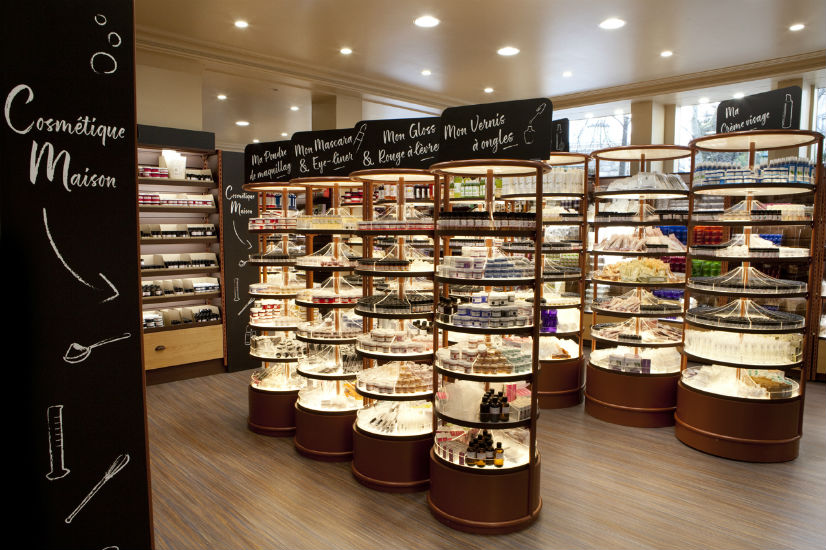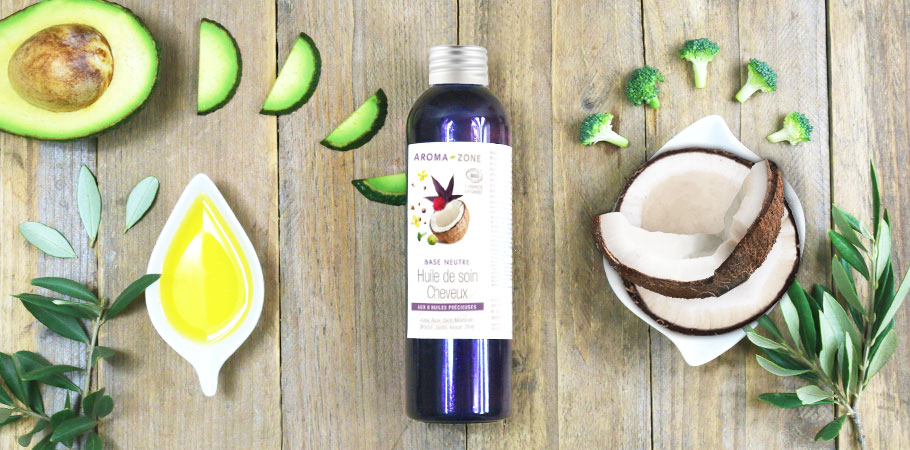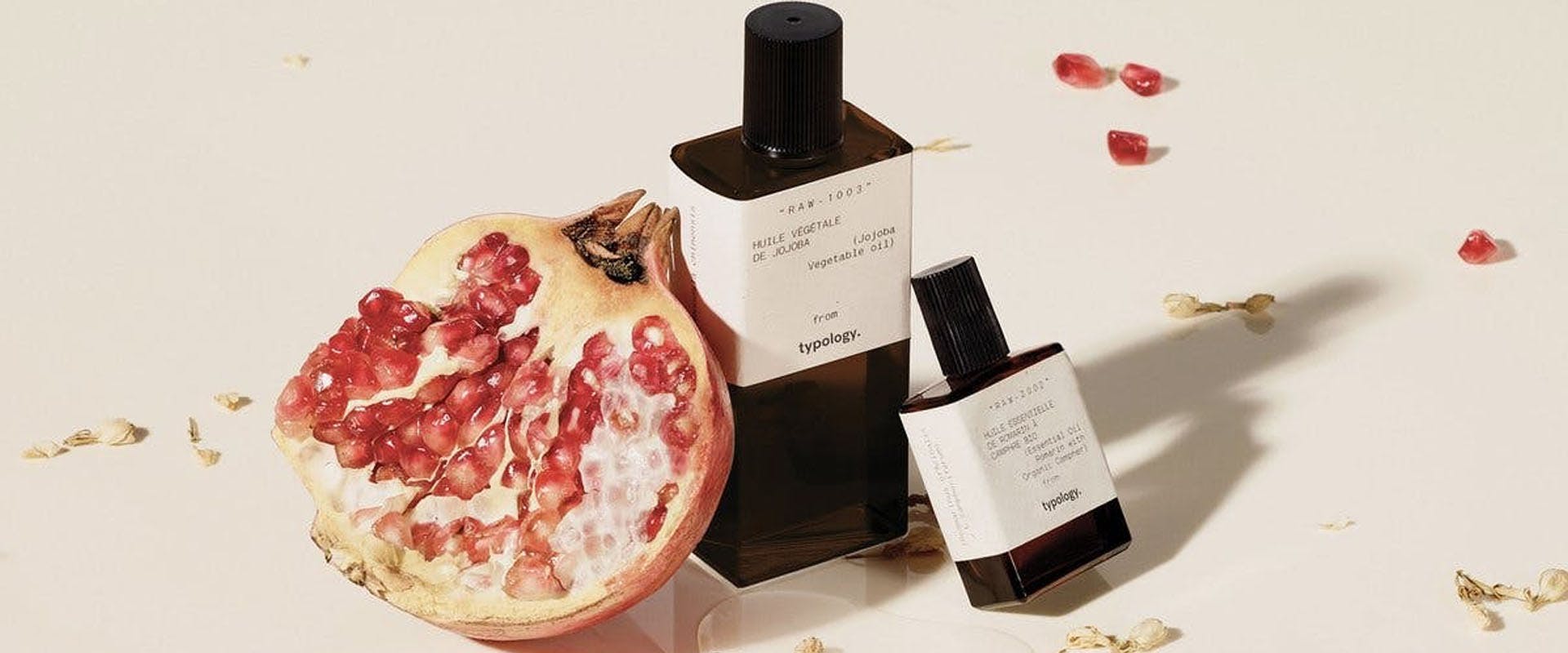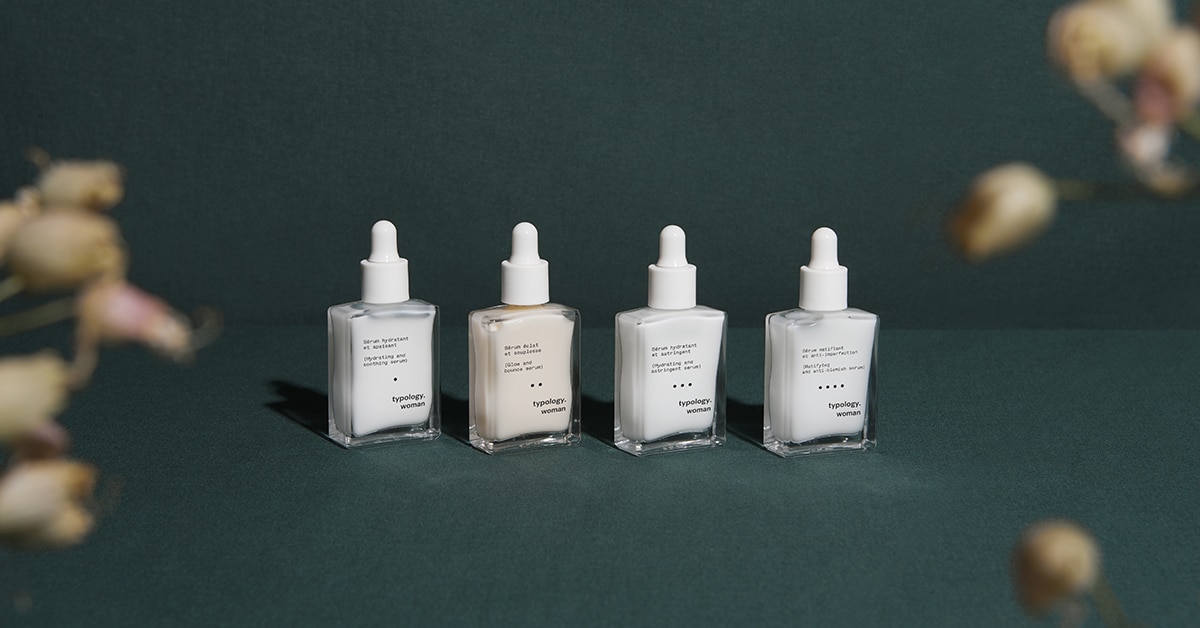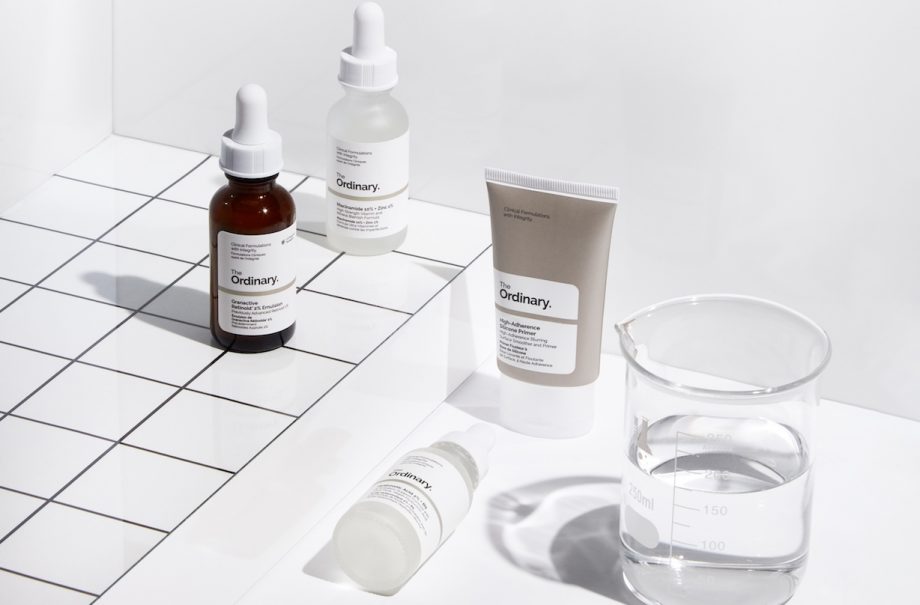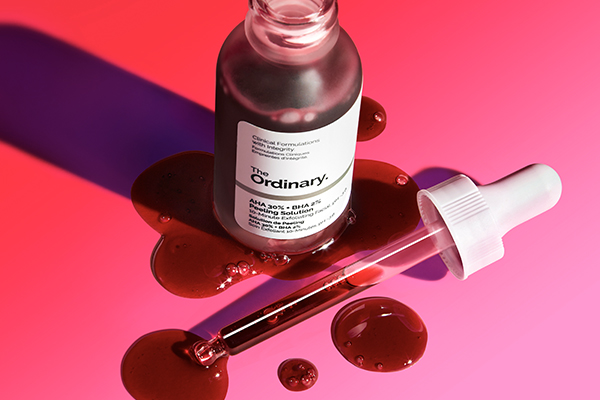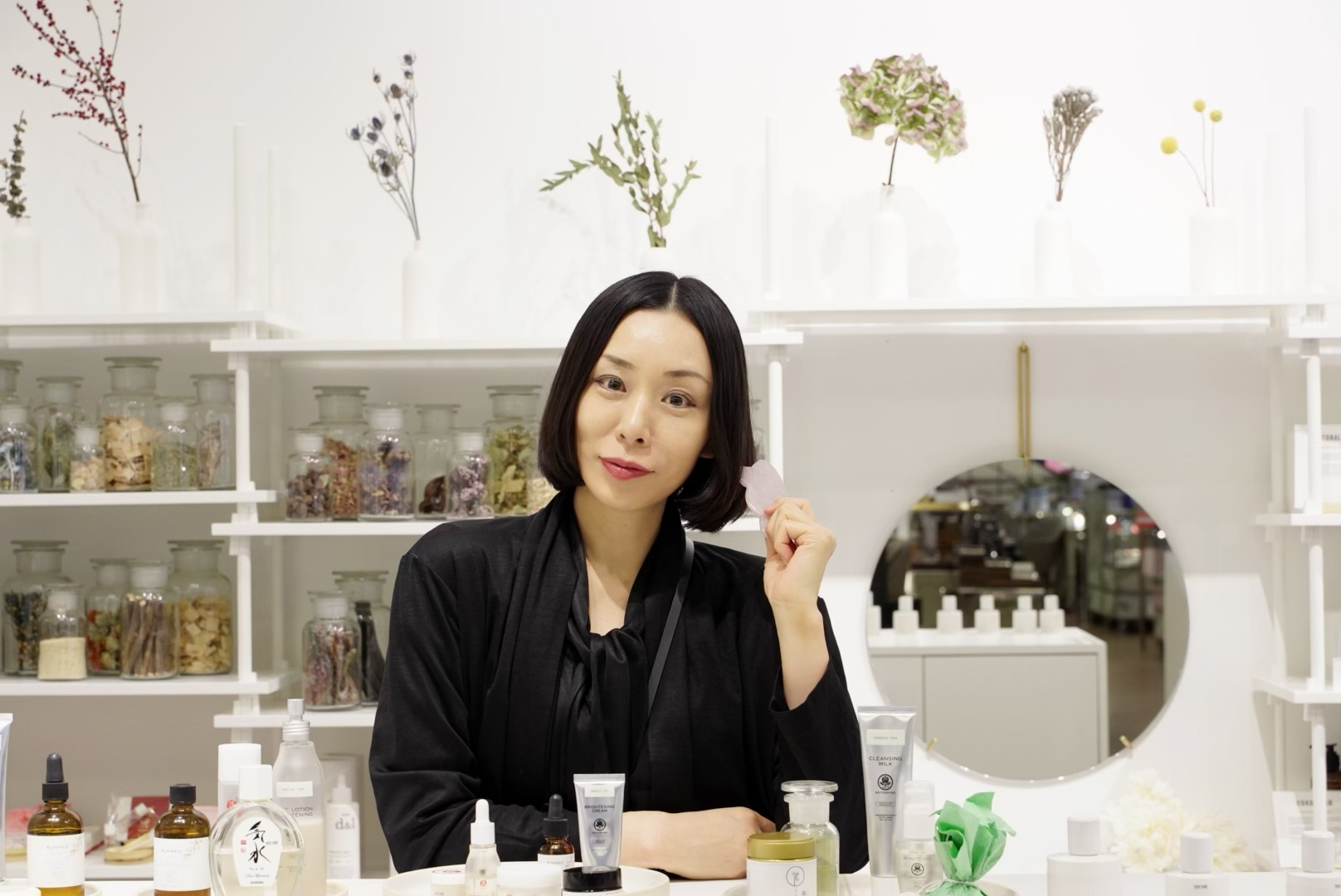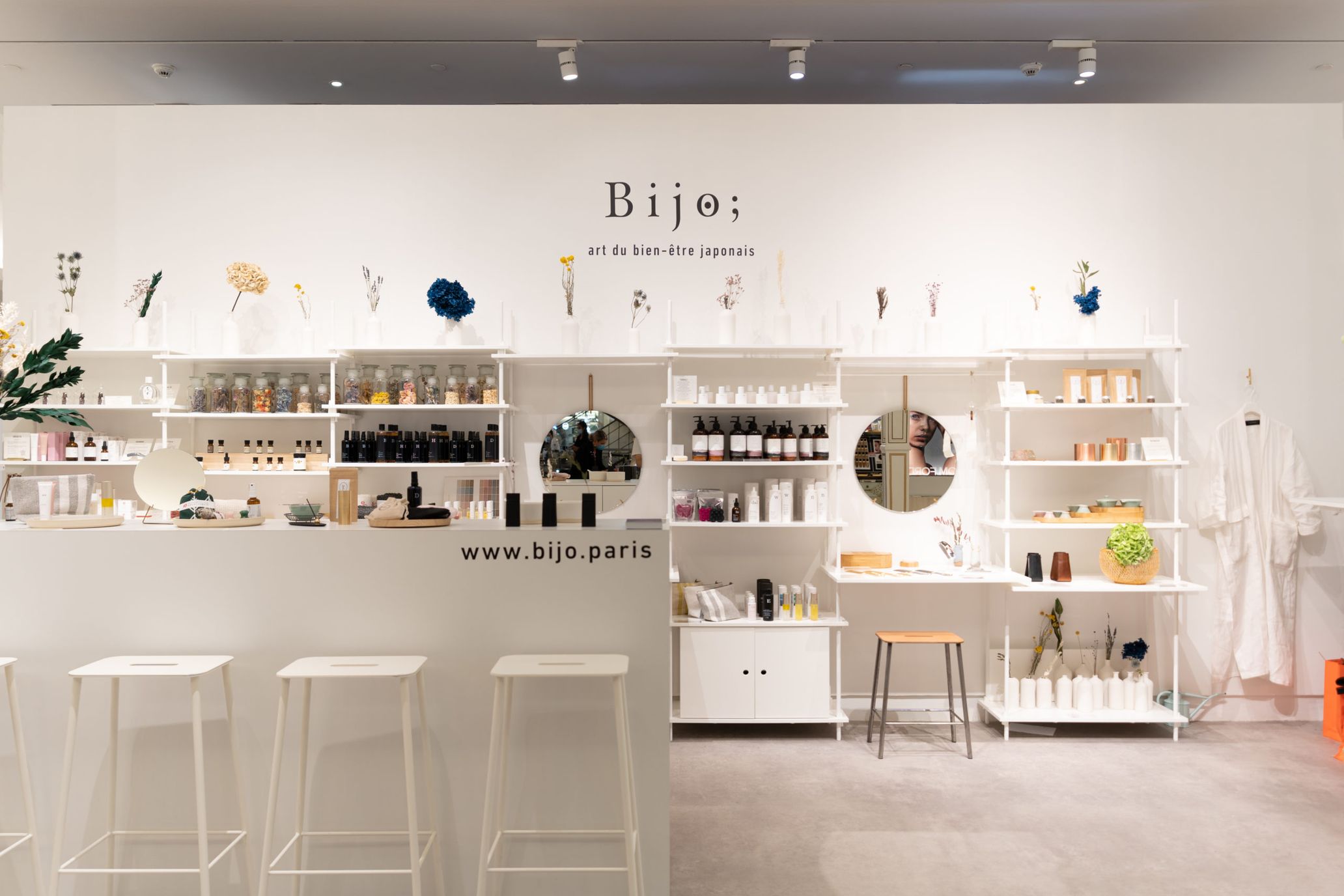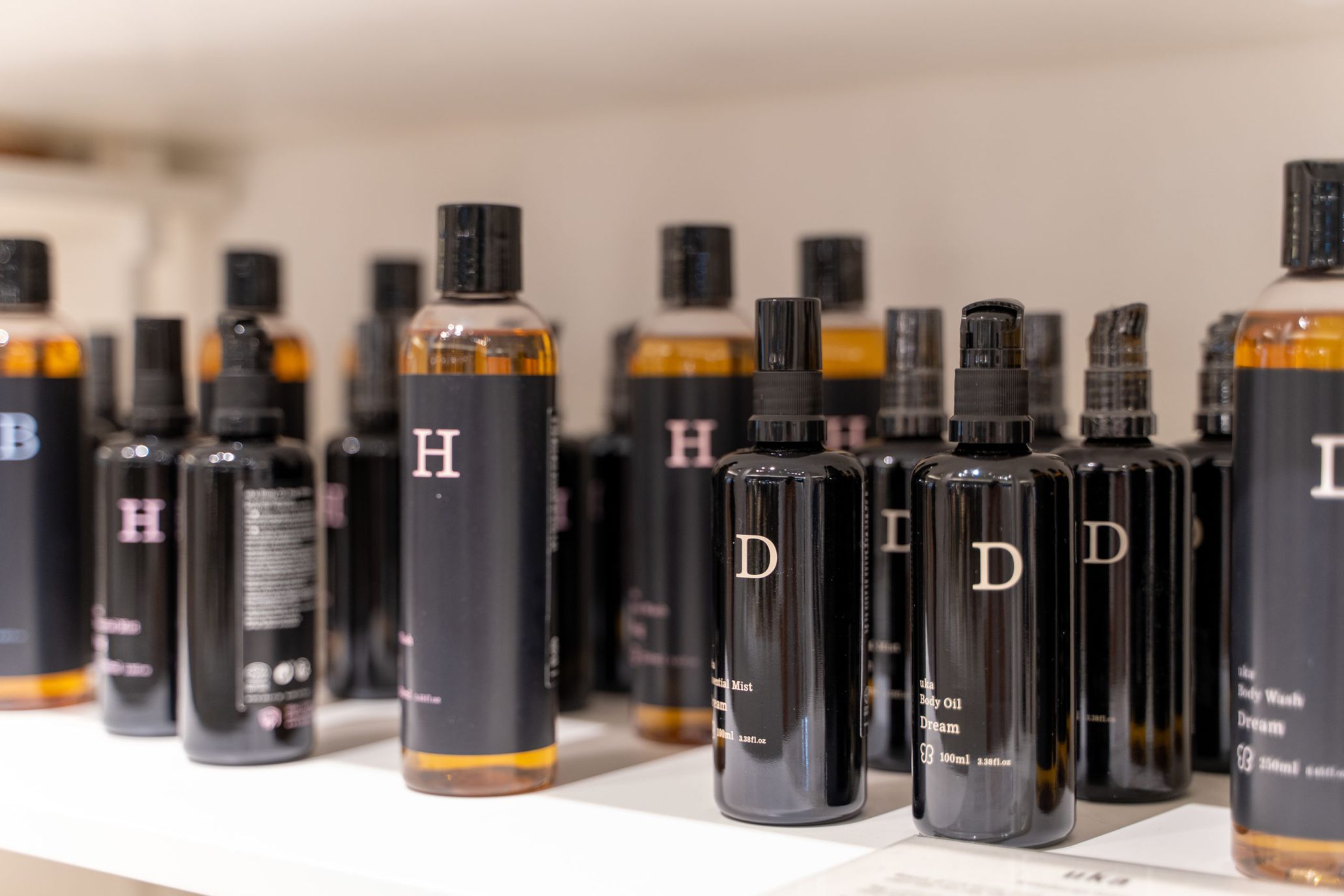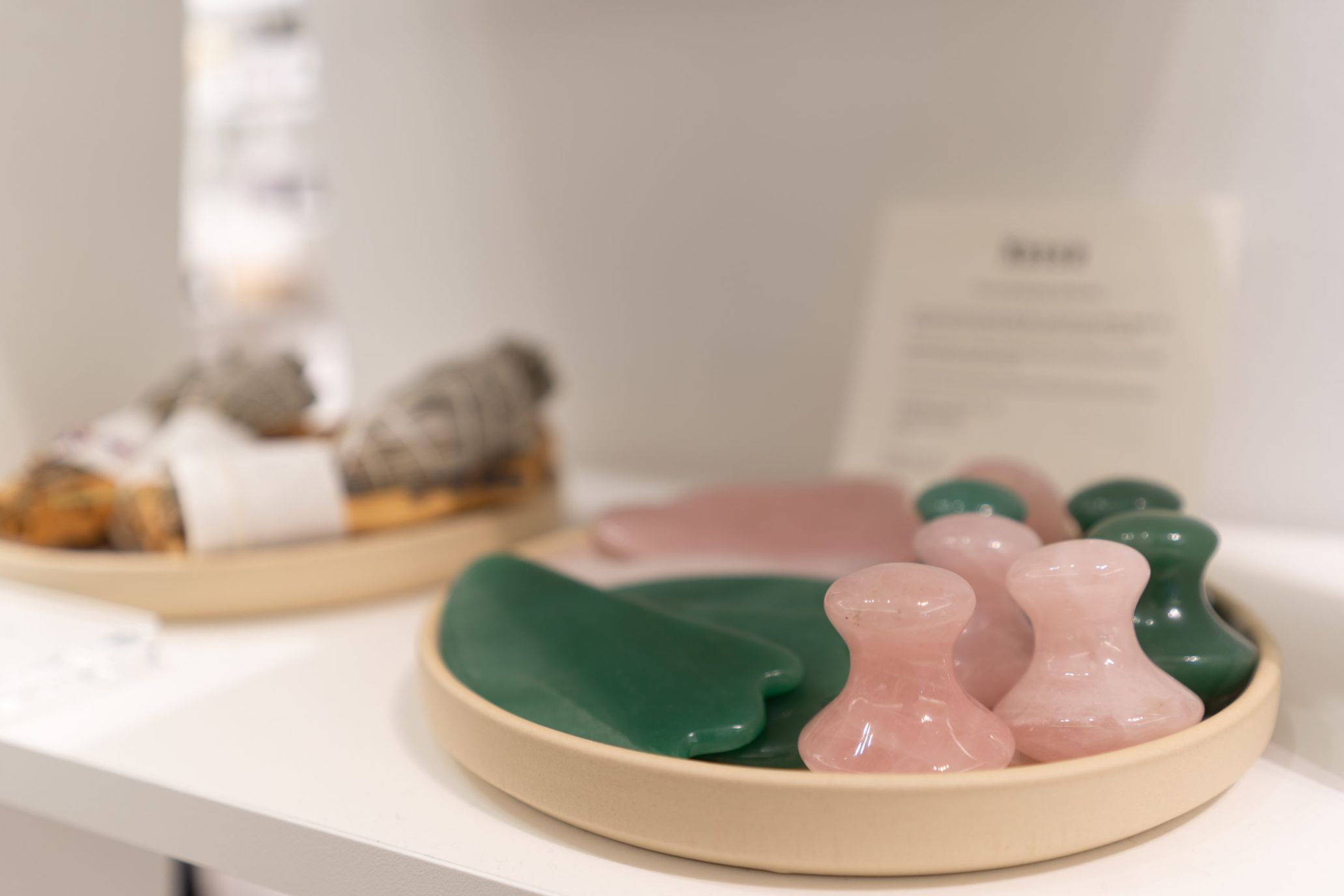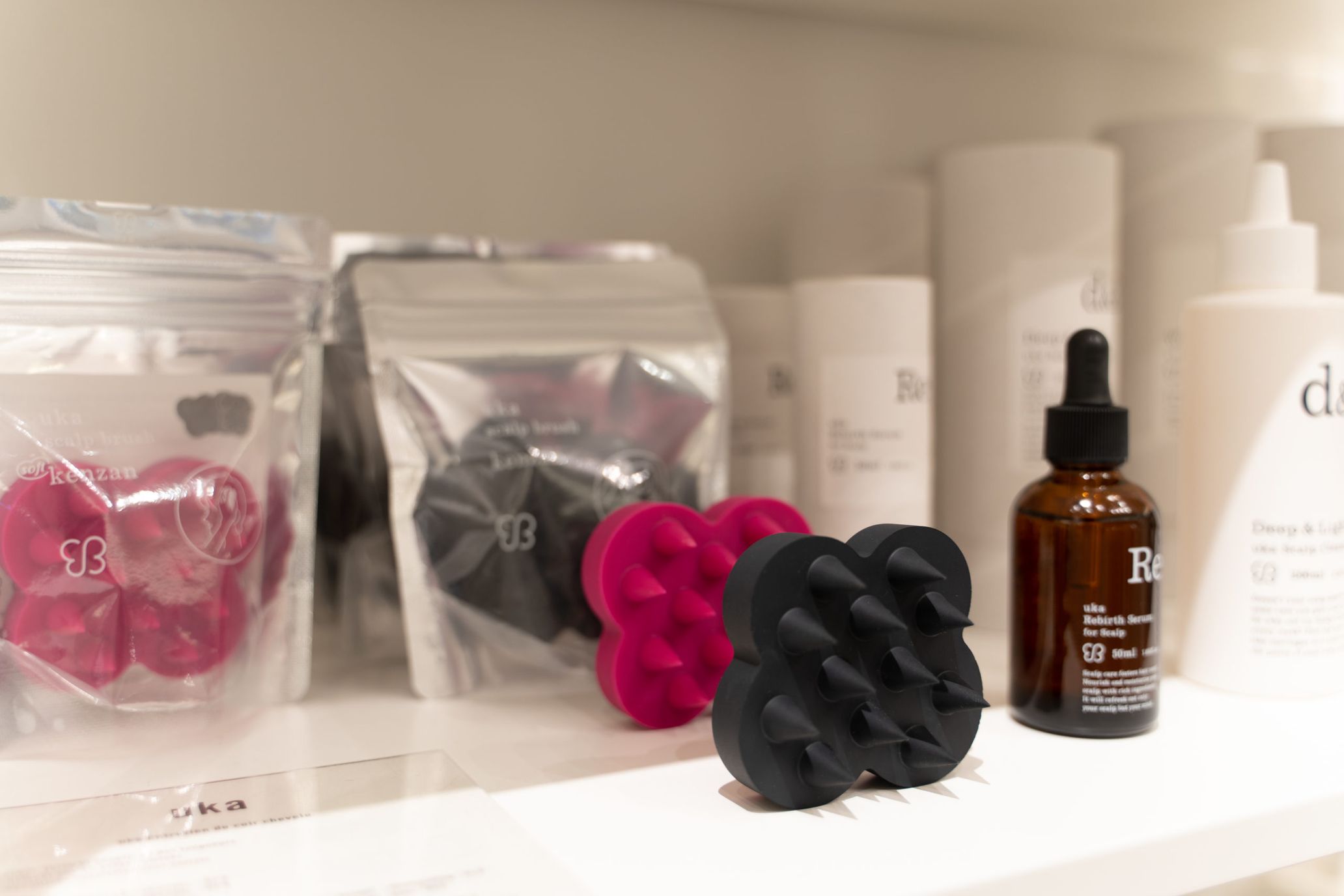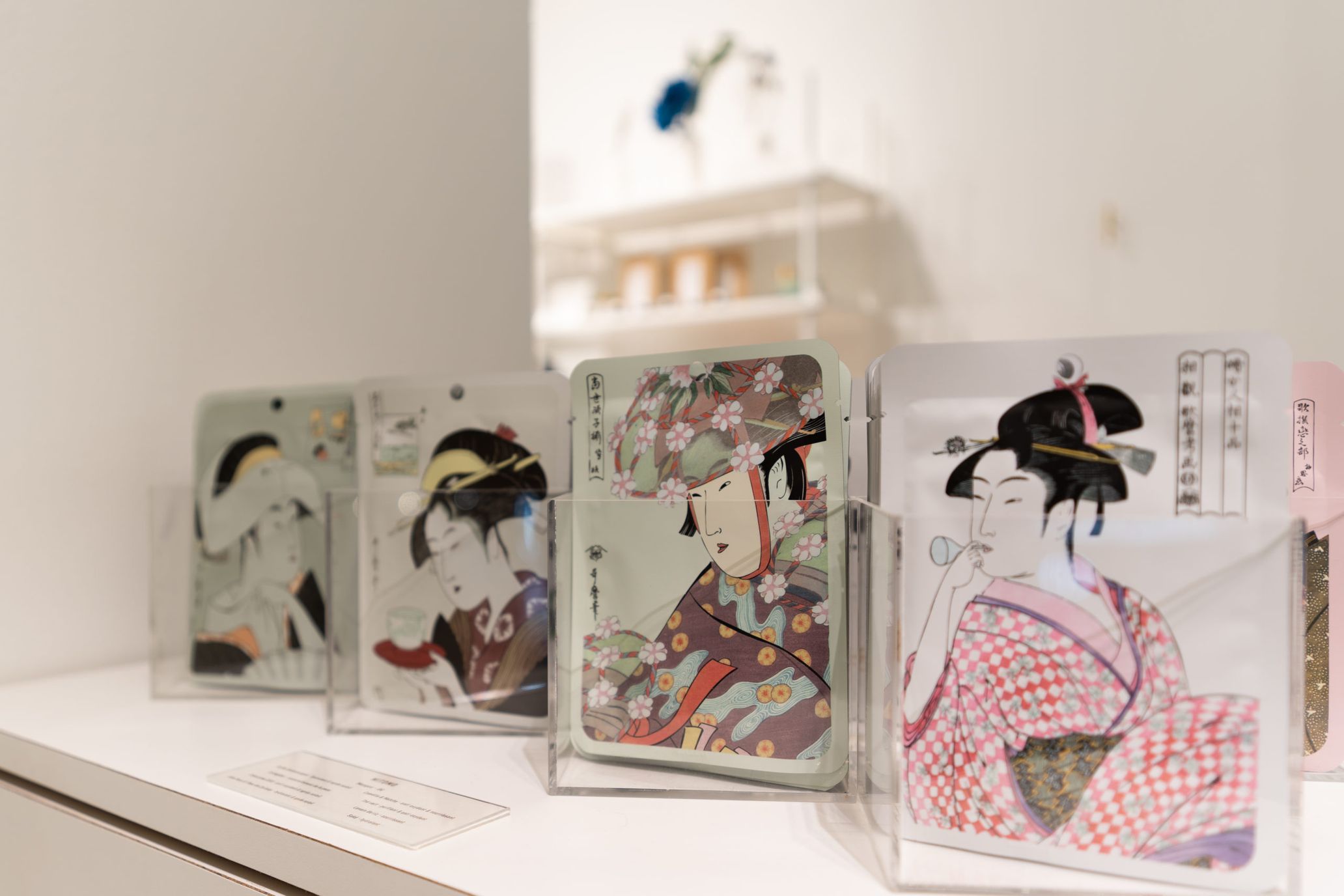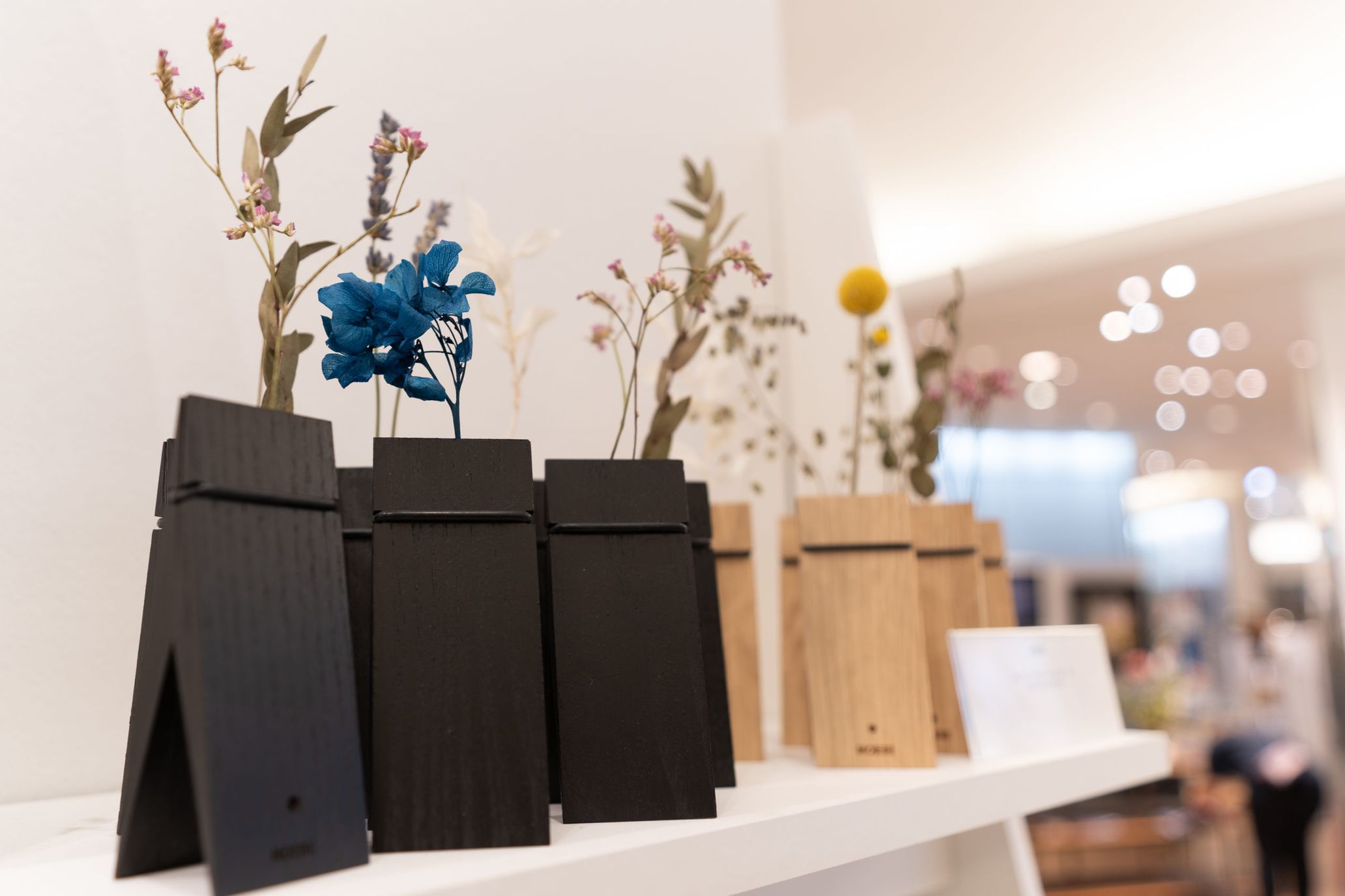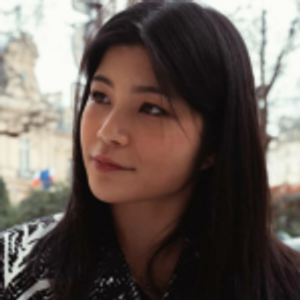COVID-19 causes not only the physical and mental health of people but also the economy. The largest GDP drop ever recorded for the 19 EU countries using the euro as currency, with the bloc’s GDP contracting by 12.1% in the second quarter of 2020, according to estimates. The factors behind the reduction in economic activity are considered to be a large drop in personal consumption due to the refraining from going out and a sharp drop in exports of automobiles to the US and Europe. In France, domestic mass-market fashion brands “André” and “La Halle” have dismissed employees significantly, and a well-established luxury food store “Fauchon” has filed for bankruptcy. Meanwhile, Le Monde newspaper reported that the organic cosmetics brand “Aroma Zone” had tripled sales by acquiring 100,000 new customers for online sales during lockdown.
“Aroma Zone”, an organic cosmetics brand is founded 20 years ago by chemist Pierre Vausselin, has a wide selection of products such as undiluted solution, high-concentration vegetable oil, essential oil, and plant powder, and proposes DIY skincare
to combines them that you create yourself along with your skin condition. Although they have a policy of not advertising at all from the beginning, it continues to grow year by year due to growing consumer interest in organic products, DIY ideas, and products at a low price of 3.5 euros. In 2019, sales reached 80 million euros, this year, sales are expected to exceed 100 million euros, and the gross profit margin is expected to be about 25%. It currently has two stores in Paris, one in Lyon, and a new store over 700m2 opened in Bouches-du-Rhone at the end of July. They sold online during the lockdown period (April to May), and their products with high disinfection effect were popular mainly such as tea tree, garlic, thyme essential oils and DIY cosmetic kits and household cleaning. The company said that sales are increased 70% for cosmetics, 40% for essential oils. “Consumers will retain the new lifestyle they’ve gained during lockdown for a long time,” Vausselin anticipates further business growth. In the future, there are plans to open a new store in Toulouse and another store overseas.
DIY skincare advocated by “Aroma Zone” is now becoming a significant trend in the beauty industry in Europe and America. “The Ordinary” from Canada, which was founded in 2016, also has an extensive lineup of undiluted solution and concentrated beauty ingredients made based on clinical technology. Each product is labeled with its components in detail, vegan prescription, and cruelty-free, which show skin safety and environment-friendly. Their low price range, the serum is from 5 euros, is attractive for a wide age range from young people who make their skincare debut to middle-aged who want to focus on aging care. It is possible to use the product as it is, but they propose DIY to mixi them in accordance with the condition and skin troubles.
“Typology,” which was born last year, is also in the spotlight in France. They are developing skincare, body, and hair products by keeping the number of ingredients in each product to 10 or less based on organic, vegan prescription, cruelty-free, 100% made in France, which is highly transparent and clean raw material. The hair shampoo I purchased had a base shampoo and hair oil separated, so that hair oil could be used for scalp massage or mixed with a base shampoo and customized in my way. Their serum is from10 euros and priced at the same level as “The Ordinary.” Also, these brands have in common that they use recyclable glass and plastic-free aluminum in their packaging.
“DIY skincare is the destination by natural beauty, organic, and clean beauty.” Yoshiko Suyama explained what kind of consumer consciousness is behind the rise of DIY skincare trend in the beauty trend, who has been living in France for 20 years, runs a beauty and design consulting company “Dessigns” in Paris. “I think DIY skincare is the ultimate in having clean ingredients in Europe, where transparency of products is valued significantly more and more. Consumers have begun to understand that even if they purchase products contain many ingredients such as rich serum or cream, few of ingredients effect the skin and that there is not much they need. They understand from various information that it is more effective and better to use the necessary ingredients in undiluted solution than various ingredients. In the end, the idea pushes them to have a strong desire to check all the content components by themself and make and use only the necessary ones.”
She is the head of the project “Bijo;”, which has the theme of Japanese beauty culture and products, and has been holding pop-up stores in Paris since 2016. In particular, the pop-up store held at the luxury department store Le Bon Marché is always thriving. At the third pop-up store opened in July-August after the lockdown, sales increased 10% compared to the same period last year, despite a significant decrease in the number of tourists. Before the event, a buyer from Le Bon Marché asked her to focus on healing the mind and body for French customers by Japanese beauty and hospitality. She said that the body care series of “Uka”, which is based on the aroma with a high healing effect that acts on the autonomic nerves, became a best-selling product as customers responded, “I need this right now.” She also told me that 100 pieces of scalp brushes, 200 pieces of face cassa, and 600 pieces of face masks were sold out, and the sales of high-grade body brushes and purification goods increased. “There were many French people who were very interested in protection and purification, and changed their minds through scents. I feel that there is a consciousness of investing in themself and valuing their own time.”
Furthermore, she said, “Because of the pandemic and unstable social situation, a beauty routine would be a major factor that supports our minds. If you give up the beauty routine, surreal cruel reality comes up. I think the beauty routine is the act of adjusting your mind and looking at yourself.” There is a history that even during World War II, women increased their awareness of beauty by putting on perms and makeup. It seems that spending money and time on beauty is functioning as a source of mind for survival in an uncertain future.

